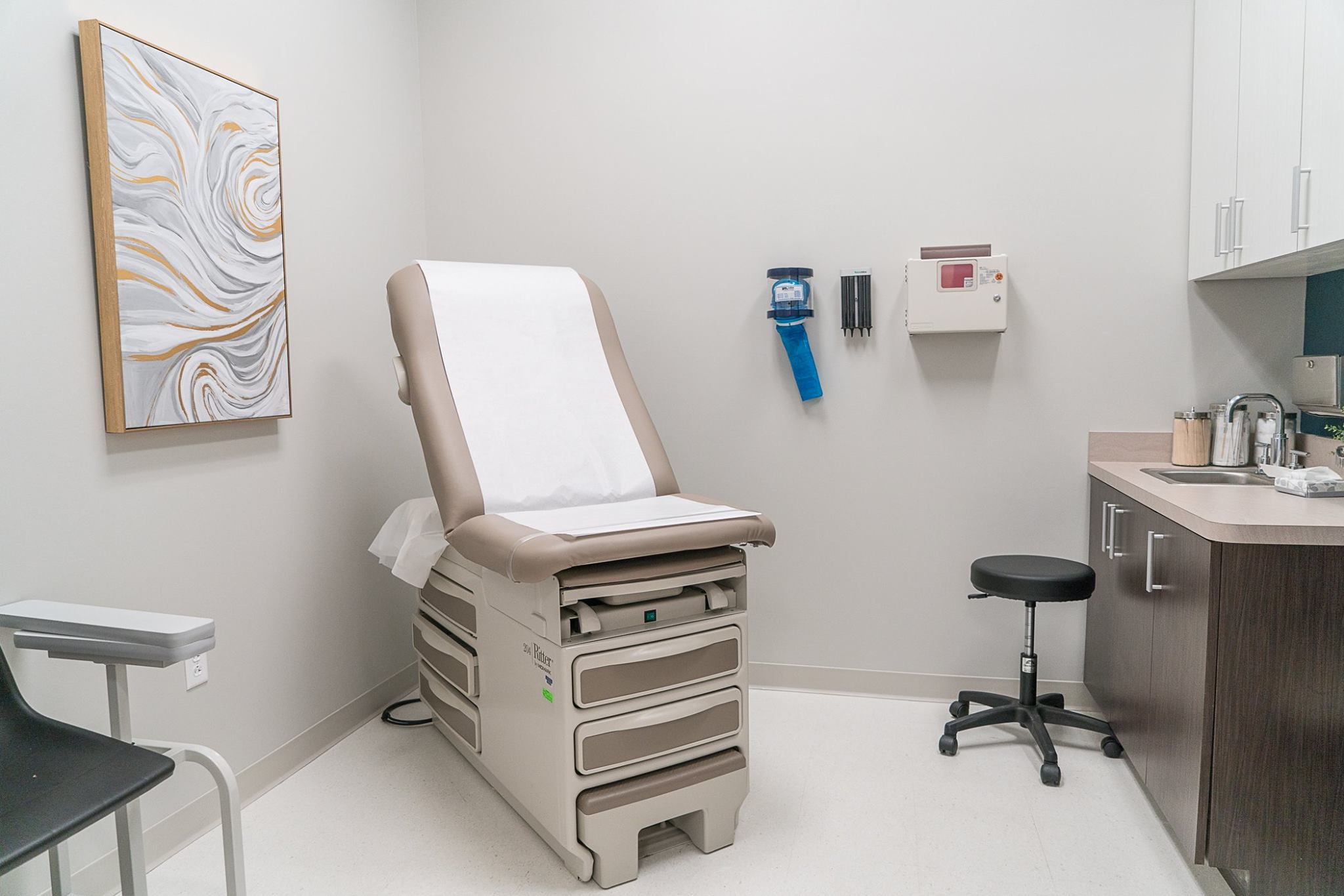Project Description
OVERVIEW
Vitamin B12 is an essential water-soluble nutrient, also known as cobalamin. It plays a vital role in the healthy functioning of many systems in the body and plays a key role in the normal functioning of the brain and nervous system. It’s also important in the formation of red blood cells. A lack of B12 can lead to anemia (not having enough red blood cells), causing you to feel tired and weak.
Symptoms
Chemically, vitamin B12 can exist in various forms, but all of them contain the mineral cobalt. The liver can store the vitamin for a long time, so it may take a few years for deficiency and symptoms to develop. Some common signs and symptoms of vitamin B12 deficiency include:
- Difficulties with maintaining balance
- Fatigue, lethargy or feeling faint
- Feeling of pins and needles
- Headache or irritability
- Mouth sores
- Reduced cognitive function (memory or comprehension issues)
- Sore and swollen tongue (may appear pale yellow or red)
- Vision changes
A lack of B12 can lead to anemia (not having enough red blood cells), causing you to feel tired and weak. At University Urgent Care we can administer vitamin B12 injections for patients.
How is vitamin B12 deficiency treated?
Vitamin B-12 Deficiency can be treated over time by a change in diet with food rich in vitamin B-12 as well as Vitamin B12 injections being effective for raising the vitamin B12 level in the blood quickly. The shot, as prescribed by a doctor, is given intramuscularly (into the muscle) by University Urgent Care.






